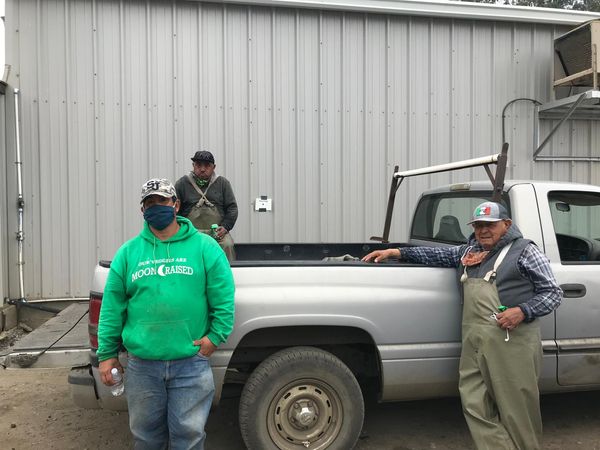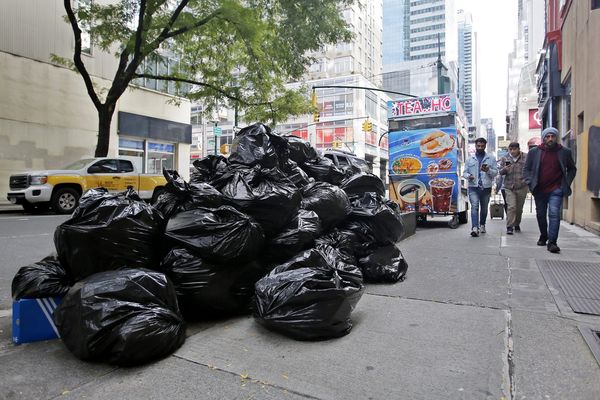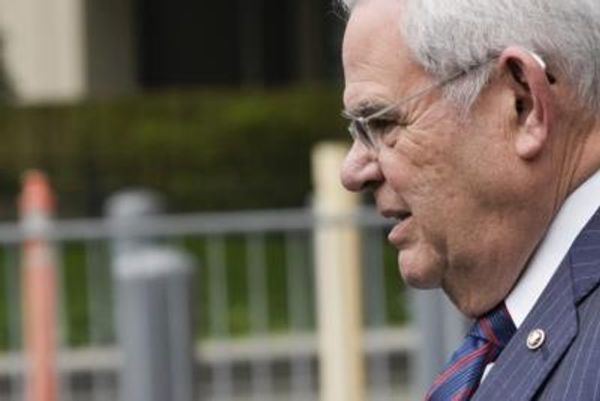Commodity prices have tanked in recent weeks, as global demand has begun to tail off. The S&P GSCI commodity index has dropped 17% in the last month. Average U.S. prices for gasoline are back below $5 a gallon after a recent peak in early June.
On the plus side, the plunge could be a sign that inflation has peaked. Consumer prices soared 8.6% in the 12 months through May, a 40-year high.
But on the minus side, the sliding demand that has contributed to the commodity-price decrease could slow the economy.
Already the economy contracted 1.6% annualized in the first quarter, and many economists expect a decline in the second quarter too. The Atlanta Fed forecasts a GDP dip of 2.1% for the second quarter.
Former Treasury Secretary Lawrence Summers, now a Harvard economist, has regularly sounded the alarm bell in recent months about the potential for recession.
And he’s only growing more worried. “The risks of a 2022 recession are significantly higher than I would have judged six or nine weeks ago,” he told Bloomberg July 1.
Recessionary Statistics
Summers has noted that at no time in the last 65 years has inflation stood above 4%, unemployment stood below 5%, and the economy failed to enter recession within the next two years. Unemployment registered 3.6% in May.
A recession could emerge as a “self-fulfilling process coming out of the high inflation and reductions in people’s incomes” Summers told Bloomberg. Disposable personal income, adjusted for inflation, slipped 0.1% in May.
Meanwhile, JPMorgan Chase economists have lowered their economic growth projections. “Our forecast comes perilously close to a recession,” Michael Feroli, the bank’s chief U.S. economist, wrote in a commentary, as cited by Bloomberg.
“However, we continue to look for the economy to expand, in part because we think employers may be reluctant to shed workers, even in a period of soft product demand.”
Economist Sees One-in-Three Chance
National Retail Federation Chief Economist Jack Kleinhenz also believes the economy will avoid recession. “I am not betting on an official recession in the near term, but the most recent research pegs the risk over the next year as about one in three,” he said in a statement.
“It will be touch and go in 2023. In the meantime, a contracting economy short of a recession is not out of the question.”
The National Bureau of Economic Research officially determines when there’s a recession. It defines a recession as “involv[ing] a significant decline in economic activity that is spread across the economy and lasts more than a few months.”







